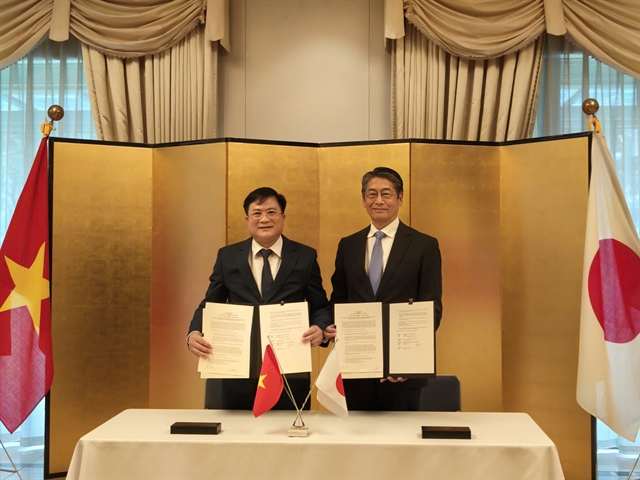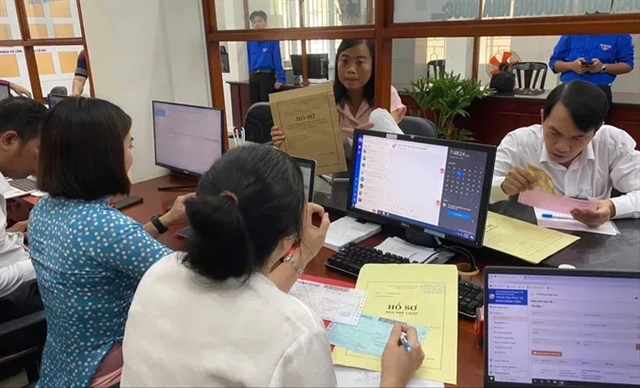 World
World

Canadian Prime Minister Justin Trudeau threatened on Wednesday to cancel a major arms buy from the US over a tariffs row, as talks on a North American free trade deal got off to a rocky start.
WASHINGTON — Canadian Prime Minister Justin Trudeau threatened on Wednesday to cancel a major arms buy from the US over a tariffs row, as talks on a North American free trade deal got off to a rocky start.
Ottawa was set to purchase 18 new Super Hornets fighter jets from Boeing until the American aerospace firm successfully petitioned the Trump administration to impose anti-dumping penalties on its Canadian rival Bombardier over planes sold in the US market.
"I highlighted to the president how we disagreed, vehemently, with Commerce’s decision to bring in countervailing and anti-dumping duties against Bombardier," Trudeau told reporters following talks with US President Donald Trump.
Further, "attempts by Boeing to put tens of thousands of aerospace workers out of work across Canada is not something we look on positively. And I certainly mentioned that this was a block to us purchasing any -- making any military procurements from Boeing."
His comments came after Trump had previewed "a tough negotiation" over NAFTA -- a quarter-century-year-old trade pact that also includes Mexico.
Trump has made revamping the pact and reducing US trade deficits a core pillar of his election campaign, but has not set out exactly what changes he would like to make.
"If we can’t make a deal, it’ll be terminated and that will be fine," Trump said, using his typical bare-knuckle approach to top level diplomacy. "It has to be fair to both countries."
As the pair sat down, trade negotiators huddled nearby in the Washington suburb of Arlington, Virginia for another round of talks, complicated by the aerospace spat.
The US administration, having found Bombardier guilty of receiving state subsidies, slapped a 220 per cent countervailing duty on Bombardier CS100 and CS300 aircraft imported into the United States.
US Trade Representative Robert Lighthizer announced that talks had been extended by 48 hours and would conclude on Tuesday.
He and Mexican Economy Minister Ildefonso Guajardo Villarreal and Canadian Foreign Minister Chrystia Freeland are expected to make a joint appearance.
"Thus far, we have made good progress, and I look forward to several days of hard work," Lighthizer said.
The United States takes in three quarters of Canadian exports, but trade relations have been strained since Trump’s inauguration earlier this year.
’Poison pills’
With a nationalist economic agenda, Trump has denounced the agreement as a job destroyer and a "disaster" for the United States, vowing to reverse offshoring by renegotiating the treaty.
Following the most recent round in Ottawa last month, negotiators said they had made progress on subjects such as telecommunications, competition policy, digital trade, regulation and customs and trade facilitation.
Negotiators have completed talks on NAFTA provisions relating to small and medium enterprises as well as competition, Lighthizer’s office said.
The updated provisions on competition will allow for more "procedural fairness" in the enforcement of competition law, the statement said.
A major sticking point has been $64 billion US trade deficit with Mexico, which Washington wants to reduce or eliminate.
IMF Economic Counsellor Maurice Obstfeld warned Tuesday that all three NAFTA countries faced economic consequences if the outcome of the talks ended up disrupting trade relations.
Meanwhile, US Chamber of Commerce president Thomas Donohue said that several issues under discussion could scotch the entire effort.
"There are several poison pill proposals still on the table that could doom the entire deal," he said in a speech delivered in Mexico.
He cited in particular a provision to allow the agreement to expire in five years unless all parties agreed to extend it.
"We all know that certainty and stability are crucial to successful trade relationships -- and necessary to foster a pro-investment environment that drives economic growth and job creation. This clause would achieve the opposite effect."
Following his visit to Washington, Trudeau is due to travel to Mexico, where he will meet with President Enrique Pena Nieto. — AFP




